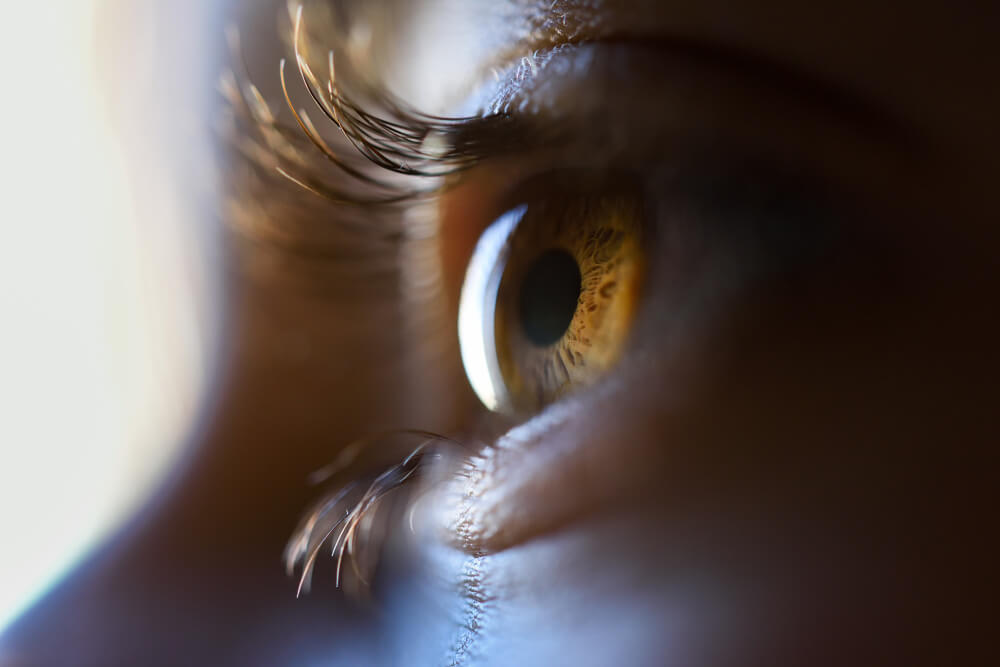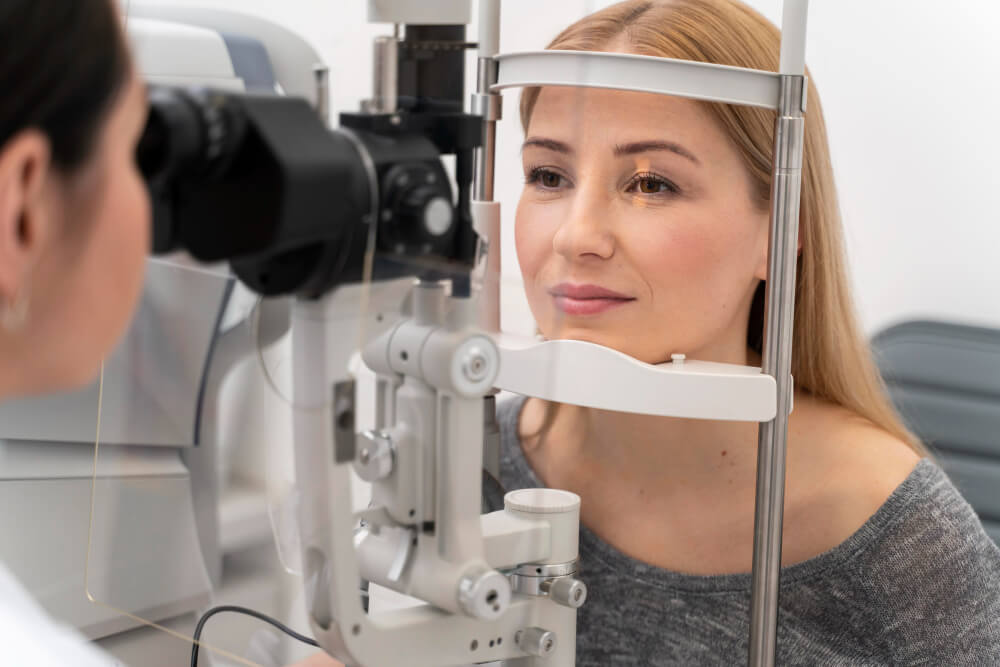Seeing in the Dark: Unveiling the Mystery of Night Blindness and Treatment Options
Night has always held a sense of wonder and mystery, yet for some individuals, navigating the darkness presents a significant challenge due to a condition known as night blindness (nyctalopia). This article delves into the world of night blindness, exploring its causes, symptoms, and various treatment options, empowering you to reclaim your vision and embrace the night with confidence.

Understanding Night Blindness: A Glimpse into the Darkness
Night blindness refers to the impaired ability to see in low-light conditions, making it difficult to distinguish objects, navigate familiar surroundings, or perform tasks that require adequate vision at night. This vision impairment can manifest in several ways, including:
- Reduced visual acuity: Difficulty seeing fine details or recognizing objects clearly in dim light.
- Difficulty adjusting to darkness: Taking longer than usual for your eyes to adapt to transitioning from bright light to low-light environments.
- Poor peripheral vision: Limited ability to see objects on the sides of your field of view, especially at night.
- Glare sensitivity: Increased discomfort from bright lights or headlights, further hindering vision in low-light settings.
Unveiling the Culprits: Exploring the Causes of Night Blindness
Night blindness can arise from various factors, both temporary and permanent. Understanding the underlying cause is crucial for determining the most appropriate treatment approach. Here’s a closer look at some common culprits:
- Vitamin A deficiency: Vitamin A plays a vital role in the production of rhodopsin, a light-sensitive pigment essential for night vision. A deficiency in this vitamin can significantly impair night vision.
- Cataracts: Clouding of the eye’s lens can scatter light, making it challenging to see clearly, especially in low-light conditions.
- Glaucoma: This group of eye diseases damages the optic nerve, potentially affecting night vision alongside other visual functions.
- Retinitis pigmentosa: This inherited condition causes the gradual degeneration of the retina, leading to progressive night blindness and other vision problems over time.
- Nearsightedness: While not directly causing night blindness, uncorrected nearsightedness can exacerbate difficulty seeing clearly at night.
- Certain medications: Some medications, including some diuretics and antipsychotics, can have night blindness as a side effect.
Recognizing the Signs: When to Seek Help for Night Blindness

If you experience any of the following symptoms, it’s crucial to schedule an appointment with an ophthalmologist (eye doctor) for a comprehensive evaluation:
- Difficulty seeing clearly in low light or at night.
- Taking longer than usual to adjust to darkness.
- Difficulty navigating in unfamiliar environments at night.
- Frequent bumping into objects or people in dim lighting.
- Increased sensitivity to bright lights, especially at night.
Early diagnosis and treatment of night blindness are crucial to prevent further vision loss and improve your overall quality of life.
Illuminating the Path to Solutions: Exploring Treatment Options for Night Blindness
The approach to treating night blindness depends on the underlying cause. Here’s an overview of potential treatment options:
Addressing the Underlying Cause:
- Vitamin A deficiency: Supplements can be prescribed to address the deficiency and improve night vision.
- Cataracts: Surgery to remove the cloudy lens and replace it with an artificial lens can significantly improve vision, including night vision.
- Glaucoma: Treatment with medication, laser therapy, or surgery aims to lower eye pressure and prevent further damage to the optic nerve, potentially improving night vision in some cases.
- Retinitis pigmentosa: While there is no cure, certain treatments, including gene therapy research, may offer potential for future improvements in vision.
- Nearsightedness: Wearing corrective eyeglasses or contact lenses can improve overall vision, including night vision, if nearsightedness is the culprit.
- Medication side effects: Discussing alternative medications with your doctor can potentially address night blindness caused by medication side effects.
Additional Considerations:
- Lifestyle modifications: Certain lifestyle changes, such as avoiding smoking, maintaining a healthy diet, and wearing sunglasses during the day, can support overall eye health and potentially benefit night vision.
- Low-vision aids: Special devices like night vision goggles or specialized glasses can help individuals with night blindness navigate low-light environments more effectively.
- Adaptive strategies: Learning strategies like improving home lighting, using reflective markers on frequently used items, and avoiding driving at night can help individuals manage night blindness and maintain independence.
Conclusion: Embracing the Night with Confidence
Night blindness can be a frustrating and challenging condition, but it’s important to remember that you are not alone. With proper diagnosis, treatment, and management strategies, you can regain control and navigate the darkness with greater confidence.
